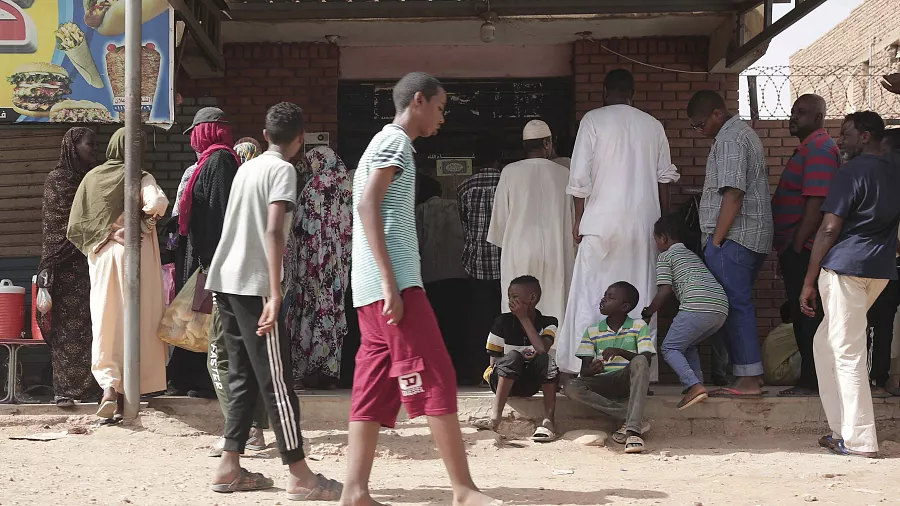Sudan’s cholera outbreak afflicts thousands as health system collapses
3 min read

The humanitarian crisis in Sudan continues to deepen as a cholera outbreak, confirmed in August, wreaks havoc on the population. According to the Sudanese health ministry, the outbreak has resulted in 430 deaths over the past month, with approximately 14,000 reported cases of the disease.
Cholera has been confirmed in several provinces, including Kassala, Gedaref, Khartoum, Al-Jazirah, and River Nile. The outbreak follows heavy rains and flooding that have exacerbated the situation. The spread of this highly contagious disease adds another layer of suffering for a population already beleaguered by over a year of brutal conflict.
The ongoing war in Sudan has forced more than nine million people to flee their homes, creating a dire situation where access to basic necessities is severely limited. The United Nations and various humanitarian organizations have reported famine-like conditions in multiple regions, further straining the capabilities of aid agencies to respond effectively.
Cholera, which causes severe diarrhea and dehydration, poses a significant threat to those without access to clean water and proper sanitation. The disease can be fatal if left untreated, making prompt medical intervention crucial. Unfortunately, the ongoing conflict has decimated Sudan’s infrastructure, severely undermining the state’s ability to provide essential sanitation services.
Medical organizations, including Doctors Without Borders, have reported alarming conditions within the healthcare system. Attacks on hospitals, coupled with a critical shortage of medical supplies, have led to a near-total collapse of healthcare services. This situation is particularly devastating in the context of the cholera outbreak, as effective treatment is dependent on a functioning health system.
The situation has also been exacerbated by the fact that many displaced individuals are living in overcrowded conditions, making the spread of cholera even more likely. Without adequate access to clean water and sanitation facilities, the risk of infection remains high, and the disease can spread rapidly in such environments.
As the outbreak continues, the international community faces increasing pressure to respond. Humanitarian organizations are calling for urgent assistance to help manage the outbreak and provide critical medical care to those affected. However, the ongoing conflict complicates these efforts, making it difficult to deliver aid to the most vulnerable populations.
The cholera outbreak serves as a stark reminder of the interconnected nature of health crises and conflict. In Sudan, where violence has disrupted daily life and services, the ramifications are felt not only through the immediate loss of life but also through the long-term impacts on public health and stability.
Efforts to combat the cholera outbreak will require a coordinated response that addresses both immediate health needs and the underlying issues exacerbated by war. This includes improving access to clean water, enhancing sanitation facilities, and restoring healthcare services, all of which are crucial for managing the outbreak and preventing future occurrences.
As the situation unfolds, the plight of Sudan’s people remains urgent. The combination of ongoing violence, mass displacement, and now a cholera outbreak presents a formidable challenge that calls for immediate attention and action from both national and international stakeholders. The health and safety of millions hang in the balance as the world watches a nation grappling with multiple crises at once.